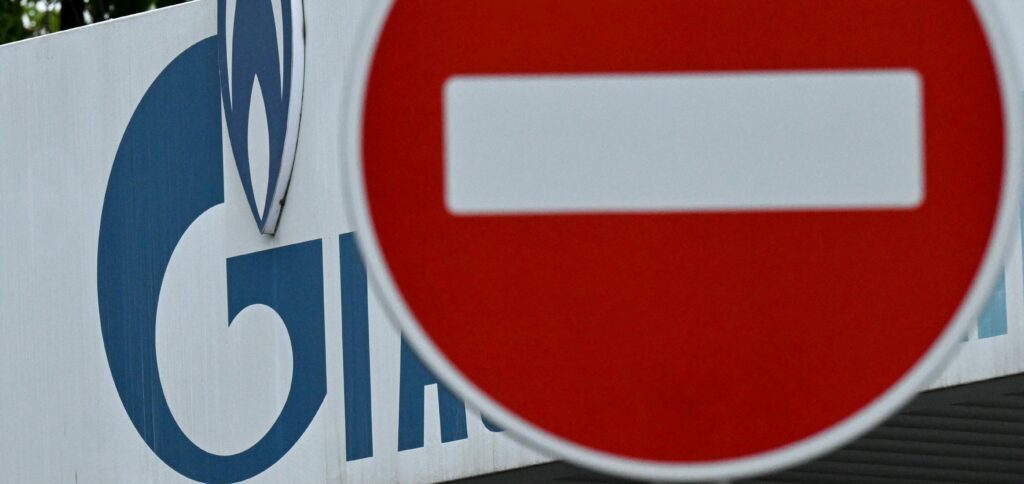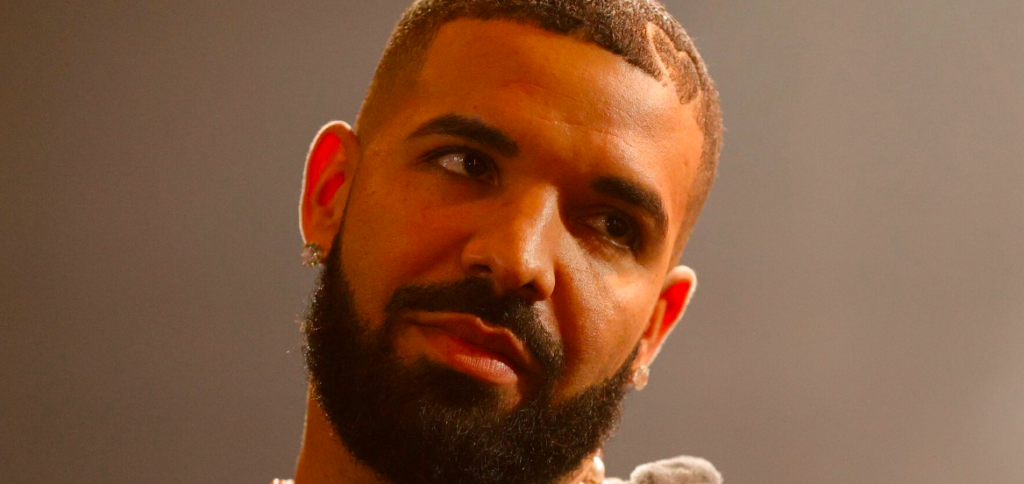The decision was agreed in a videoconference of the Economy Ministers of the seven most industrialized countries in the world (United States, Germany, France, United Kingdom, Canada and Japan).
ADVERTISING
“The limit [on the price of oil] will be set at a level based on a series of technical data and will be decided by the entire coalition before its application”, informs the text signed by the G7, ensuring that the decided price will then be communicated “ publicly in a clear and transparent way”.
Western powers have stepped up actions against Moscow since Russia invaded Ukraine in late February.
“Today, the G7 passed an essential step towards achieving our dual objective: pushing for a reduction in global energy prices and depriving [Vladimir] Putin of income to finance his brutal war in Ukraine”, celebrated US Treasury Secretary Janet Yellen.
ADVERTISING
Russian reaction
Shortly before the G7 statement, Kremlin spokesman Dmitry Peskov warned that imposing a cap on the price of oil Russian “would lead to significant destabilization of the market”. According to the Russian, with such “interference” in the oil market “European and American consumers will be the first to pay” for the consequences.
Understand the case
“Russia is benefiting economically from the uncertainties of the war in energy markets,” German Economy Minister Christian Lindner told reporters after the meeting. “It is making huge profits from exporting commodities, such as oil, and we definitely want to oppose that,” he added.
The G7 claims the oil price cap is designed specifically to reduce Russia's profits and its ability to finance its "aggressive war" by limiting the impact of Russia's war on the world, in particular on "low-income countries."
ADVERTISING
According to the leaders' decision, only Russia would sell its oil to these countries at a price lower than the current one, but still higher than the production price, so that there is an economic interest in continuing to sell it and thus not cutting off its supplies.
The challenge is to reach as many countries as possible, as the price ceiling will only work if large buyers participate, experts emphasize, especially China and India.
With this objective, the G7 “invites all countries to give their opinion on the concept, and to implement this important measure” to create “a broad coalition” that maximizes the measure’s effect.
ADVERTISING
The G20 summit, to be held in Bali on November 15th and 16th, will be a crucial date in the attempt to expand this coalition.
The leaders of the G7 countries, under Washington's impetus, had already been working since the end of June to develop mechanisms to implement such caps, supported by the prohibition of insurers and reinsurers from covering maritime transport of oil Russian.
Such a mechanism should have real effects on the Russian economy, Yellen believes.
ADVERTISING
This ceiling could represent a new blow to the Russian economy, already “plunged into a deep recession”, celebrated British Treasury Minister Nadhim Zahawi.
However, the measure risks generating side effects on the world economy, warns the think tank Capital Economics.
The mechanism “could raise world energy prices,” he warned in a note, while emphasizing that “the cap could also be effective in reducing the Russian government’s tax revenue.”
Source: AFP



